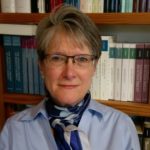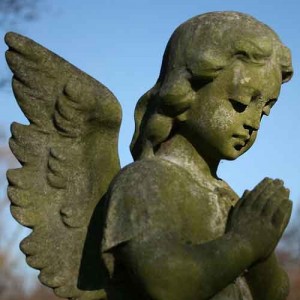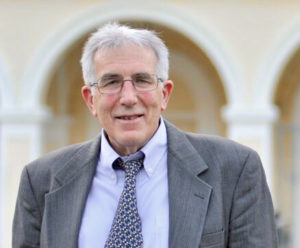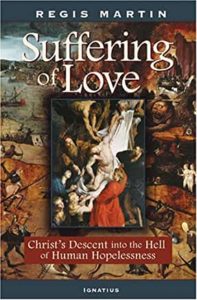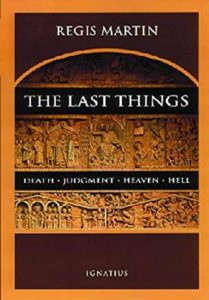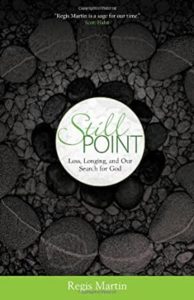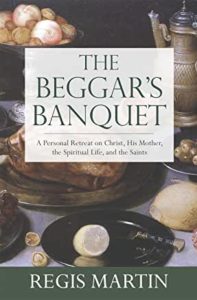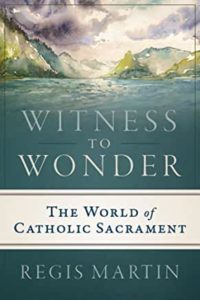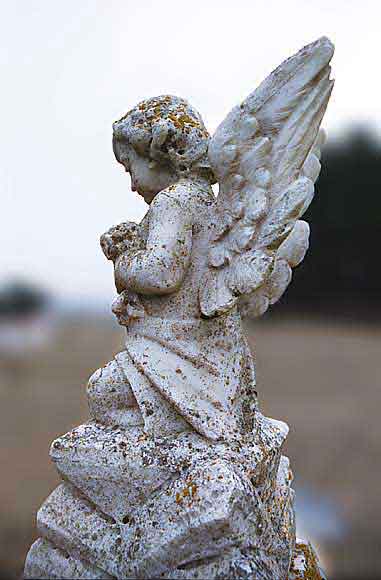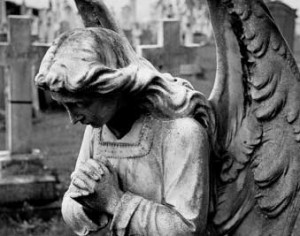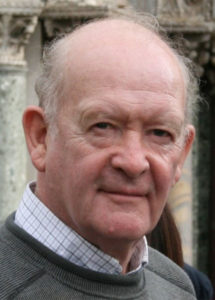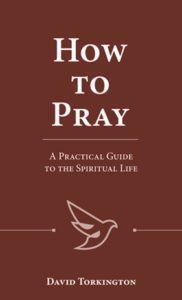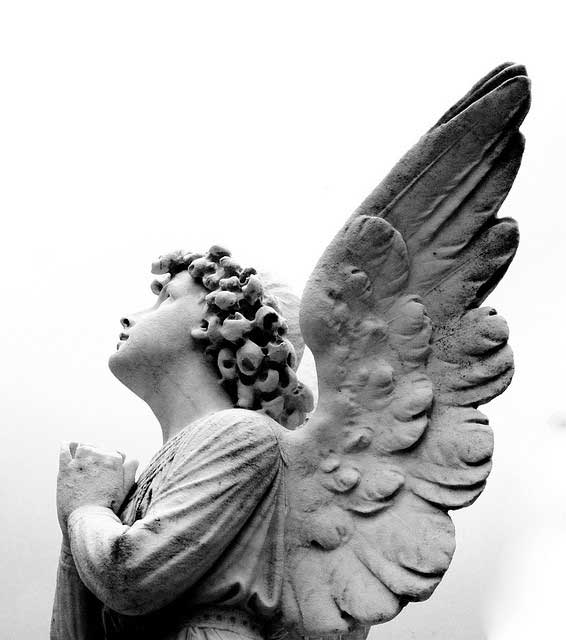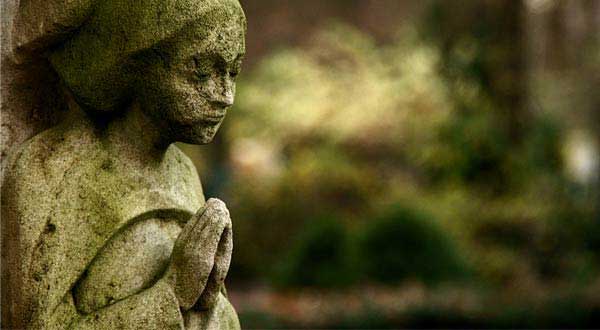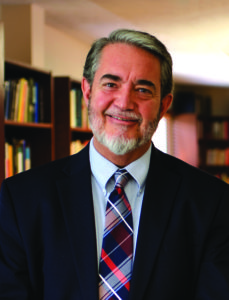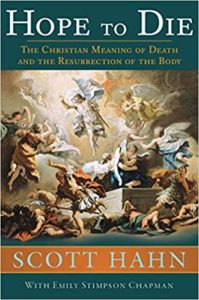Podcast: Play in new window | Download (Duration: 33:50 — 23.4MB) | Embed
Subscribe: Apple Podcasts | Spotify | Amazon Music | Android | Pandora | iHeartRadio | JioSaavn | Podchaser | Gaana | Podcast Index | Email | TuneIn | Deezer | Anghami | RSS | More
An essay against essays, the evil of nice-sounding words, and much more. We continue our discussion of G.K. Chesterton’s collection In Defense of Sanity.
This discussion is part of the FORMED Book Club—an online community led by Fr. Joseph Fessio, Joseph Pearce, and Vivian Dudro that reads and discusses a different book each month.
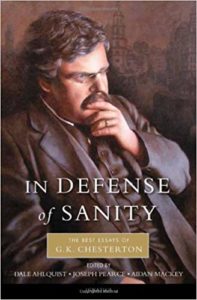 You can find the book here
You can find the book here
G.K. Chesterton was a master essayist. But reading his essays is not just an exercise in studying a literary form at its finest, it is an encounter with timeless truths that jump off the page as fresh and powerful as the day they were written. The only problem with Chesterton’s essays is that there are too many of them. Over five thousand!
For most GKC readers it is not even possible to know where to start or how to begin to approach them. So three of the world’s leading authorities on Chesterton – Dale Ahlquist, Joseph Pearce, Aidan Mackey – have joined together to select the best Chesterton essays, a collection that will be appreciated by both the newcomer and the seasoned student of this great 20th-century man of letters.
The variety of topics are astounding: barbarians, architects, mystics, ghosts, fireworks, rain, juries, gargoyles, and much more. Plus a look at Shakespeare, Dickens, Jane Austen, George MacDonald, T.S. Eliot, and the Bible. All in that inimitable, formidable but always quotable style of GKC. Even more astounding than the variety is the continuity of Chesterton’s thought that ties everything together.
A veritable feast for the mind and heart. While some of the essays in this volume may be familiar, many of them are collected here for the first time, making their first appearance in over a century.

